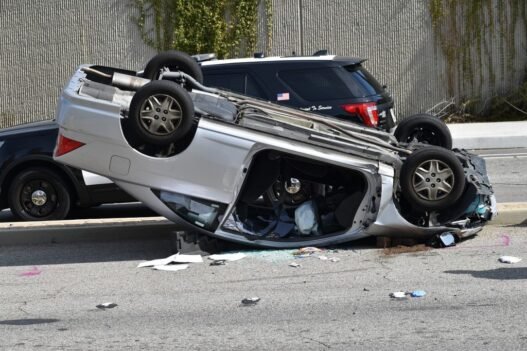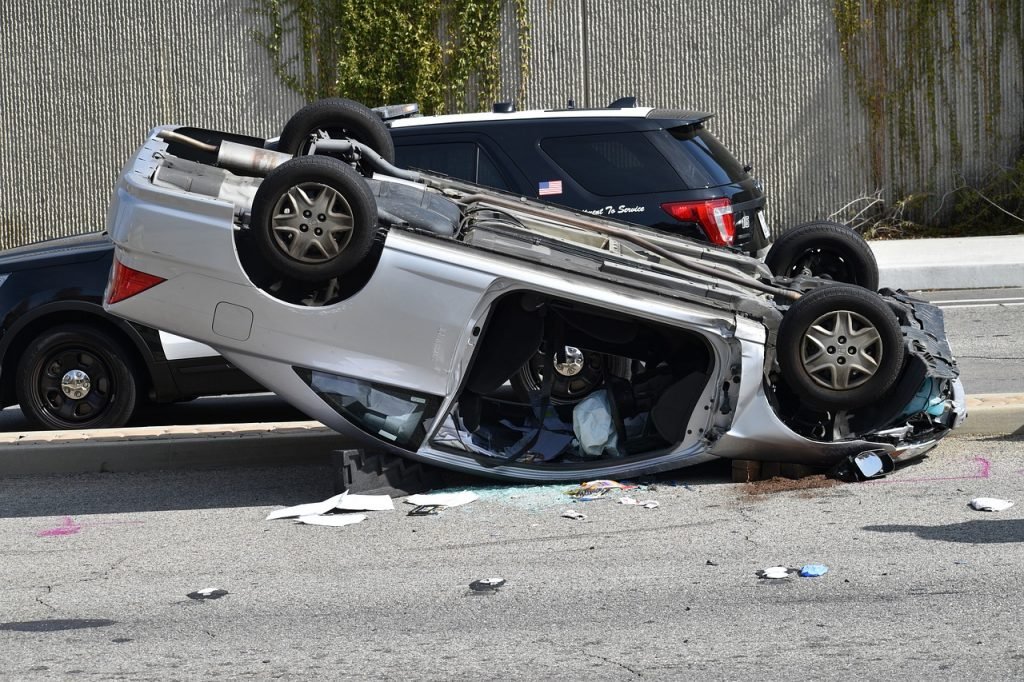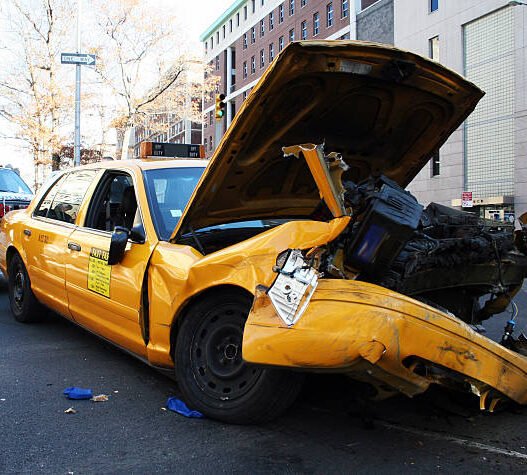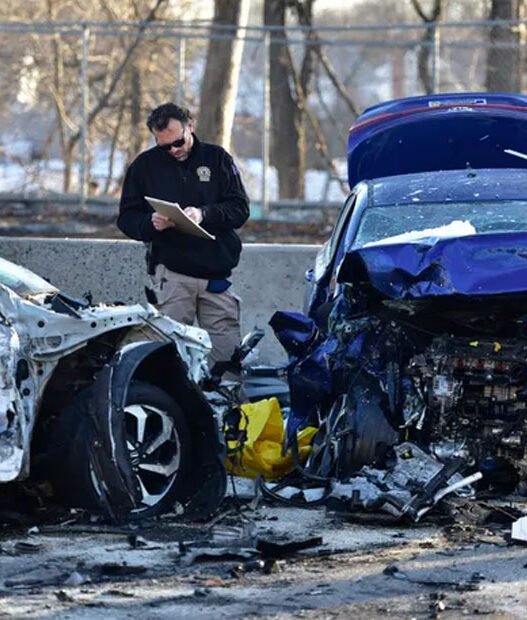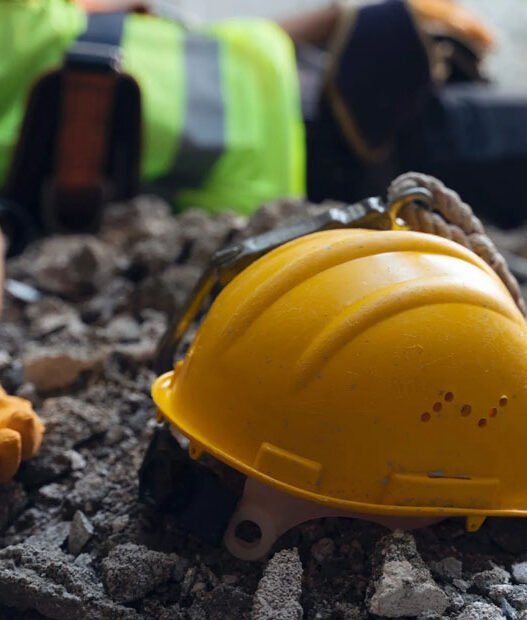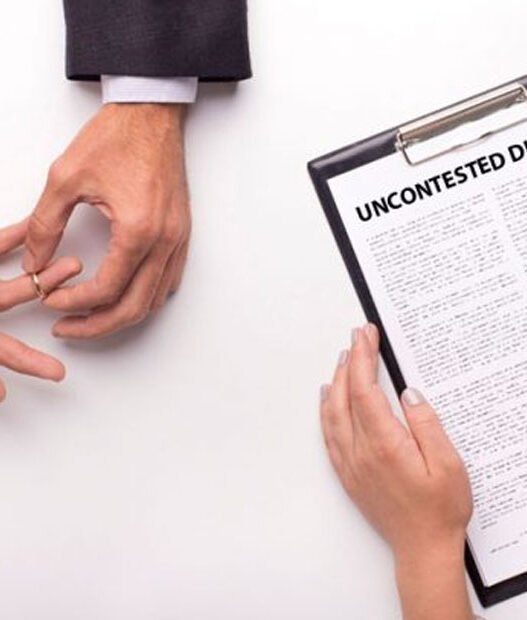Car accidents are terrifying. But among them, rollover accidents are some of the most dangerous. These crashes don’t just cause damage to the vehicle — they often lead to severe injuries or even death. A car rolling over is not something most people think about when they get behind the wheel. But it can happen in the blink of an eye, especially under the wrong conditions.
Understanding what causes a car to roll over is crucial for every driver. When people are injured in these crashes, the consequences can be life-altering. It’s not just about the physical pain. There are medical bills, lost wages, emotional trauma, and long-term recovery. That’s why filing a claim after a serious rollover car accident becomes an important step in getting justice and support. It helps victims get the financial help they need to move forward.
Common Causes of Rollover Accidents
Rollover crashes happen for many reasons. They’re more common with taller vehicles like SUVs and trucks, but they can happen to any car. Here are the key causes:
- Speeding
Driving too fast is one of the top reasons cars roll over. When you’re speeding, especially around a curve or during a quick turn, it increases the chance of tipping over. High speeds also make it harder to control the vehicle, especially if something unexpected happens.
- Sharp Turns
Taking a turn too sharply, especially in a heavy or top-heavy vehicle, can make a car roll. Drivers often misjudge the curve and the vehicle’s balance. This is particularly risky on narrow rural roads or ramps.
- Tripping
This happens when a car’s tire hits something like a curb, pothole, or soft soil, causing it to “trip” and flip. Tripping is one of the leading causes of rollovers. Even a small object or uneven pavement can lead to a deadly crash if the conditions are just right.
- Overcorrection
When drivers panic and jerk the wheel to avoid something — like another car or a deer — they often lose control. Overcorrection can shift the car’s balance and make it roll, especially if the road is uneven or the car is going fast.
- Tire Blowouts
If a tire suddenly bursts, especially at high speeds, the vehicle can swerve and roll. Worn-out tires, poor maintenance, or driving over sharp debris can all cause blowouts.
How Rollover Accidents Impact Victims
The impact of a rollover goes far beyond the moment of the crash.
- Severe Injuries
Victims often suffer from broken bones, spinal cord injuries, traumatic brain injuries, and internal damage. Since rollovers can throw people around inside the car, the injuries are often much worse than in other types of crashes.
- Emotional Trauma
Surviving a rollover can leave emotional scars. Many people develop anxiety, PTSD, or depression afterward. Fear of driving again is also common.
- Long-Term Recovery
Some injuries from rollovers never fully heal. Victims might need surgery, physical therapy, or lifelong care. This means time away from work and a major change in lifestyle.
- Financial Stress
Hospital bills add up fast. Add to that the cost of car repairs, missed work, and therapy, and it becomes overwhelming. Without proper support, many victims struggle to recover financially.
Final Thoughts
Rollover crashes are terrifying, and the effects last long after the accident ends. But knowing what causes these accidents can help prevent them. Drive slower. Keep your tires in good shape. Stay alert. And always respect curves and road conditions.
If someone becomes a victim of a rollover crash, it’s not just about healing — it’s about getting the support they deserve. Understanding the impact and knowing what steps to take can make a huge difference in the road to recovery. Stay safe out there, and drive like your life depends on it — because it does.


